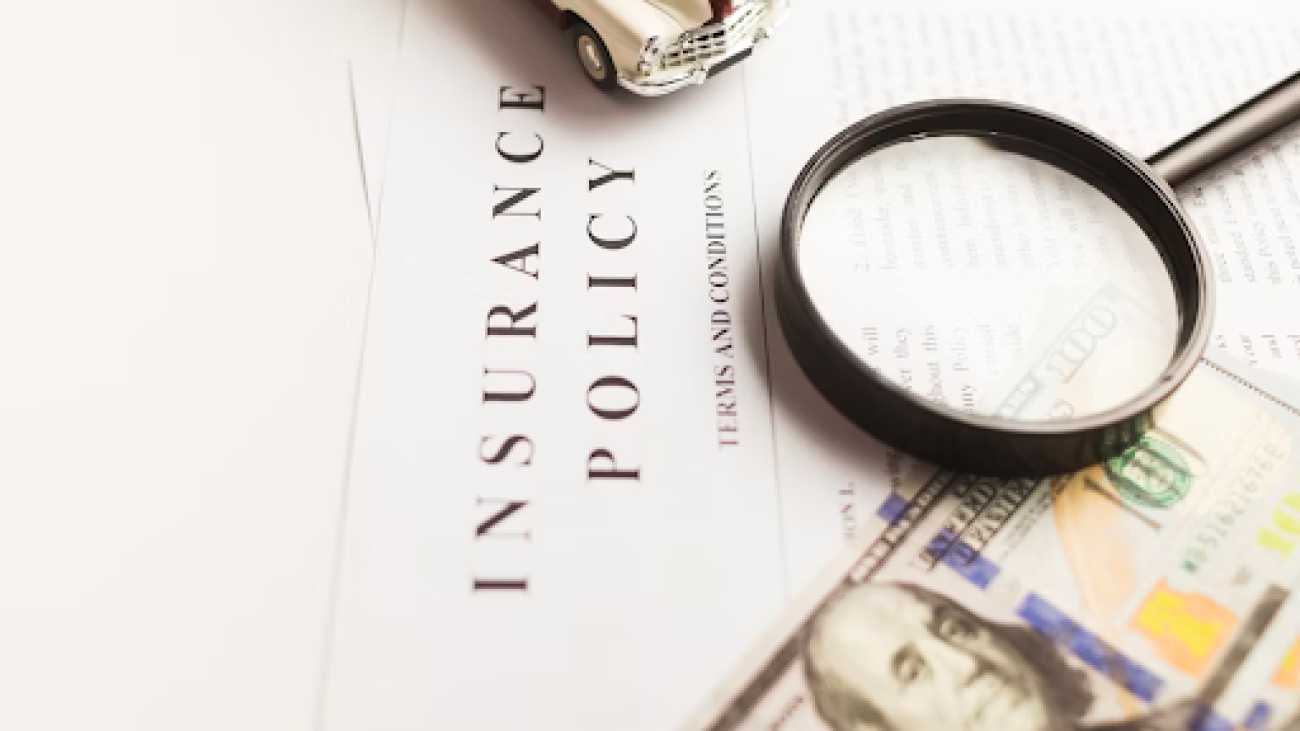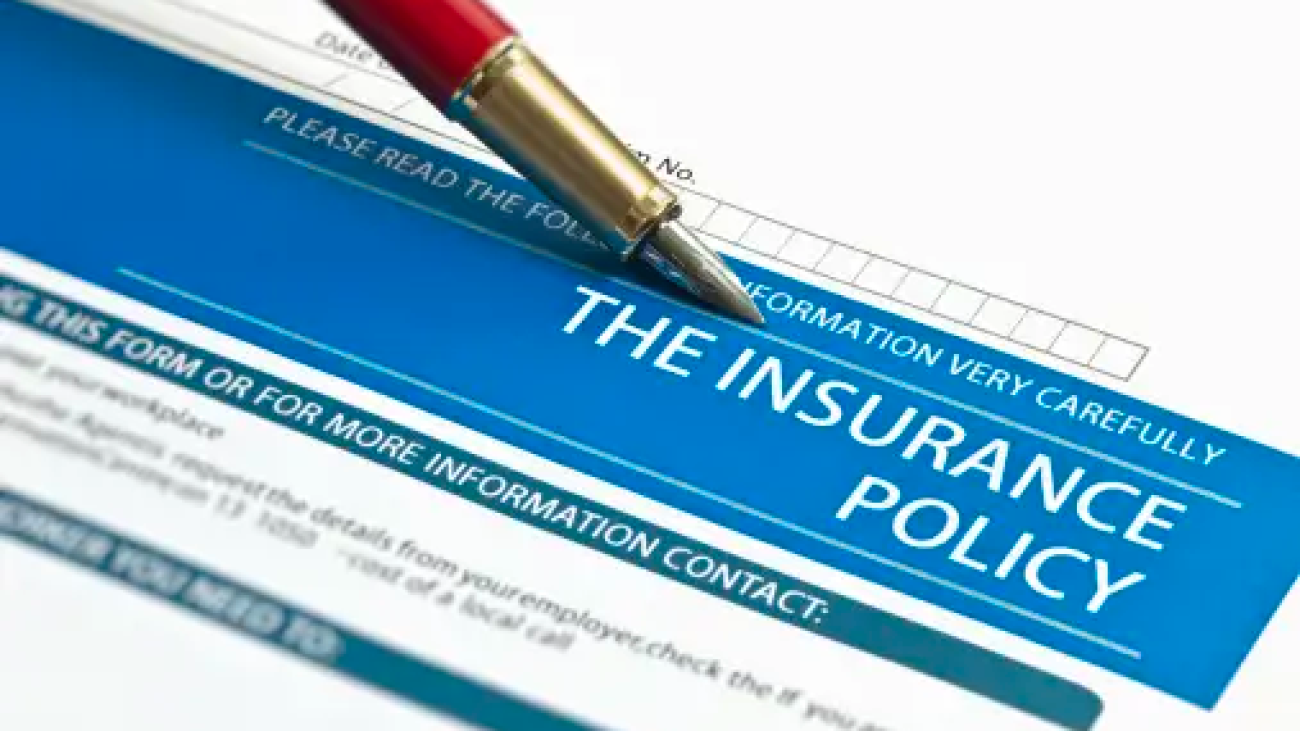Event Insurance in Australia – Essential Coverage for Event Planners
Introduction to Event Insurance
Organising an event, whether a corporate function, a concert, or a large-scale festival, comes with its share of complexities and potential risks. Despite meticulous planning, elements such as adverse weather conditions, unforeseen cancellations, or incidents involving attendees remain beyond the organiser’s control. This unpredictability underscores the importance of event insurance, which offers a financial safety net to protect against these challenges.
Event insurance provides peace of mind, enabling organisers to focus on delivering seamless events. In Australia’s diverse and thriving event industry, understanding the benefits and nuances of event insurance is essential for event managers and organisers at all levels.
What is Event Insurance?
Event insurance is a specialised type of coverage designed to protect organisers and businesses from financial losses due to unforeseen issues that may affect an event. This can include everything from event cancellation or postponement to property damage and liability claims arising from accidents during the event.
Key Features of Event Insurance:
Event Cancellation Coverage:
This coverage protects against unexpected circumstances that could force an event to be cancelled or postponed. Severe weather, sudden venue issues, or natural disasters can cause significant financial losses.
Detailed Example: Imagine a large outdoor music festival set on the Australian coast that has to be cancelled due to a cyclone warning. Event insurance can cover non-recoverable costs such as performer fees, vendor deposits, and marketing expenses. This type of coverage can mean the difference between a business surviving an unforeseen setback or facing bankruptcy.
Public Liability:
Covers expenses related to third-party claims for injury or property damage during the event. This is a must-have, as it safeguards against potential lawsuits or compensation claims from attendees or participants.
Detailed Insight: A study of public event claims in Australia revealed that slips and trips are among the most common incidents that lead to liability claims. This shows the importance of public liability coverage for any event, big or small.
Property Damage:
This policy provides coverage for equipment damaged or stolen during the event, whether rented or owned. Protecting these assets, from sound systems and staging to decorations and venue property, helps avoid steep out-of-pocket costs.
Expanded Scenario: If you’re hosting a trade show and an expensive digital display is damaged, event insurance can cover the cost of repair or replacement, allowing your event to continue with minimal disruption.
Employer Liability:
Protects against claims related to staff or volunteers getting injured while working at the event. This is essential for ensuring that organisers meet their duty of care obligations and protect their workforce.
Why It Matters: The Australian events industry relies heavily on temporary and volunteer staffing. Coverage that extends to these workers helps organisers meet safety and legal standards and provides peace of mind.
Non-Appearance Coverage:
A unique feature that provides compensation if a critical performer, speaker, or participant cannot attend due to illness, travel disruptions, or other uncontrollable factors. This is particularly valuable for events that rely heavily on specific individuals for success.
Example Case: A headline artist for a music festival cannot perform due to sudden illness. This policy would cover the loss of ticket revenue or potential refunds, protecting the organiser from significant losses.
Who Should Consider Event Insurance?
While event insurance is essential for professionals in the hospitality and entertainment industries, it’s beneficial for anyone organising an event, regardless of scale or type. Here’s a closer look at who should consider event insurance:
1. Event Managers and Coordinators:
These professionals oversee everything from planning to execution; their reputation is tied directly to the event’s success. Insurance provides a safeguard against last-minute disruptions that could damage their standing and financial stability.
Additional Insight: Event coordinators often manage multiple responsibilities, such as booking venues, coordinating with vendors, and managing schedules. With so many elements in play, event insurance protects against unforeseen problems that could tarnish their professional record.
2. Event Promoters and Organisers:
Promoters invest heavily in event marketing and logistical arrangements. A cancellation could mean severe financial strain. Event insurance helps protect that investment and ensures the business can recover from setbacks.
Expanded Insight: For event promoters, even a minor disruption can have cascading effects on reputation and client trust. With event insurance, they can guarantee that sponsors and attendees are safeguarded, boosting their credibility within the industry.
3. Sound and Lighting Operators:
These professionals often work with expensive equipment, which, if damaged, can lead to significant losses. Insurance ensures they’re covered for these potential incidents.
Why Coverage is Crucial: Technical issues are common, and even with preventive measures, equipment failures or accidents can occur. Event insurance helps mitigate the risk of hefty financial responsibilities associated with repairs or replacements.
4. Stage Managers:
Managing the coordination of stage setups and live performances is a complex task, and the risk of malfunction or human error can lead to issues that disrupt the event. Insurance provides financial protection against these disruptions.
Detailed Insight: A stage collapse due to unexpected wind or a failed rigging setup could lead to claims for damages and potential injuries. Stage managers can handle these situations without severe financial repercussions with proper insurance.
Other Potential Beneficiaries:
Corporate Entities: Hosting conferences, training sessions, or team-building activities require extensive planning and resources. Insurance ensures these investments are protected from unforeseen cancellations or liability issues.
Non-profits and Community Groups: These organisations often operate on tight budgets, making the financial implications of an unplanned event setback even more severe. Event insurance helps mitigate these risks, ensuring their initiatives can continue.
Trade Show Organisers: Covering liabilities associated with large-scale trade shows, including damage to booths or injury claims, helps keep organisers safe from unexpected costs.
Private Individuals: Those planning weddings, reunions, or other significant personal events should consider event insurance to protect themselves from potential financial burdens related to cancellations or damages.
Types of Events That Benefit from Insurance Coverage
1. Concerts and Music Festivals:
With numerous moving parts, such as multiple performers, vendors, and a large audience, music events are prone to risks. Event insurance can cover non-appearance of artists, equipment damage, and public liability.
Detailed Insight: Outdoor music festivals are particularly vulnerable to weather changes, which can lead to cancellations or disruptions. Comprehensive event insurance covers costs related to such unforeseen circumstances, including ticket refunds and vendor fees.
2. Exhibitions and Trade Shows:
These events often involve high-value displays and rented spaces. Event insurance protects against property damage, theft, and potential cancellation fees.
Why It’s Essential: Exhibitors at trade shows frequently bring expensive displays and products. The resulting financial impact can be substantial if a booth is damaged or items are stolen. Event insurance covers these potential losses, allowing exhibitors to participate with confidence.
3. Corporate Functions:
Business events such as conferences and workshops can be disrupted at the last minute due to speaker cancellations or logistical issues. Event insurance ensures that organisers can handle unexpected situations without financial strain.
Expanded View: A slight delay or disruption can impact business relationships and future opportunities in the corporate world. Event insurance helps safeguard an organiser’s reputation and meets stakeholders’ expectations.
4. Fundraisers and Community Events:
For non-profits, insurance is vital to prevent financial losses that could jeopardise future operations or projects. Coverage protects organisers against unforeseen incidents, helping to maintain the trust of donors and participants.
5. Theatre Productions:
From rehearsals to final performances, theatre productions face risks related to cancellations, set damage, and liability if an audience member is injured during the show.
Detailed Insight: Theatre productions often involve complex setups and multiple moving parts, such as props, lighting, and sound systems. If a mishap occurs, such as a light fixture falling and injuring an actor, insurance helps cover medical and repair expenses.
6. Dance Parties and Nightlife Events:
Vibrant atmospheres come with higher risks of accidents and equipment damage. Event insurance helps cover these liabilities, making it essential for promoters and venue operators.
Real-Life Scenario: In bustling nightlife venues, the combination of alcohol, dancing, and large crowds can sometimes lead to accidents. Event insurance provides essential coverage for such instances, including property damage and public liability claims.
Statistics Highlight: The Insurance Council of Australia has reported that claims for events involving large crowds often exceed AUD 100,000, primarily due to public liability and property damage. This data emphasises the importance of comprehensive event coverage for high-profile events.
Why is Event Insurance Important?
1. Protection Against Financial Losses:
Event planning requires significant financial investments, including deposits, equipment rentals, and staffing. Event insurance can prevent catastrophic losses that would otherwise impact the organiser’s finances if something goes wrong.
Detailed View: In many cases, upfront costs are non-refundable, and without insurance, event organisers may face paying out-of-pocket for cancellations. This can jeopardise future projects or the overall viability of an event planning business.
2. Peace of Mind for Organisers:
Knowing that a reliable insurance policy mitigates potential risks allows organisers to focus on executing the event successfully rather than worrying about unforeseen problems.
Added Insight: Event organisers often experience high-stress levels due to the number of moving parts involved. Event insurance can significantly reduce anxiety and allow organisers to concentrate on key aspects like attendee engagement and experience.
3. Enhanced Credibility:
Having event insurance demonstrates professionalism to stakeholders, attendees, and partners. This assurance can be particularly beneficial when securing high-profile sponsors or collaborating with prestigious venues.
Why This Matters: Sponsors and investors want to be associated with professionally managed and risk-aware events. Event insurance signals the organiser is prepared and serious about delivering a successful event.
4. Compliance with Venue Requirements:
Many venues in Australia mandate that organisers have public liability insurance before signing rental agreements. With appropriate coverage, access to top venues may be unrestricted.
Real-World Example: A high-capacity venue in Melbourne may require proof of a public liability policy with a minimum cover of AUD 20 million before finalising a contract. Event insurance helps meet these requirements and secures venue partnerships.
5. Comprehensive Risk Management:
Insurance is a more comprehensive risk management strategy component, helping organisers identify potential vulnerabilities in their event plans and create contingencies.
Practical Insight: Risk assessments and contingency planning are best practices for event managers. Event insurance fits these strategies by ensuring financial protection is still in place should a contingency fail.
Types of Event Insurance Coverage
1. Public Liability Insurance:
Public liability insurance is essential for covering claims related to third-party injuries or property damage during an event. This type of coverage is a staple for any event, from concerts to corporate meetings.
Expanded Insight: Public liability insurance can also cover legal fees associated with defending a claim, which can be significant even if the case does not result in a payout. This additional protection is invaluable for any organiser, as legal costs can cost thousands.
2. Event Cancellation Insurance:
This policy provides financial compensation if the event is cancelled or postponed due to circumstances beyond the organiser’s control, such as severe weather, strikes, or venue issues.
Why It’s Important: Even the best-laid plans can go awry due to factors outside of human control. Event cancellation insurance allows organisers to pivot and reschedule without significant financial setbacks.
3. Property Damage Insurance:
Covers rented or owned equipment used during the event, including AV systems, staging, and lighting. This policy ensures that damage or theft does not lead to financial loss.
Practical Example: A high-profile art exhibition featuring expensive installations would benefit from property damage insurance to cover any incidents during setup, the event, or teardown.
4. Employers’ Liability Insurance:
This insurance provides coverage if an employee or volunteer is injured while setting up or managing an event. It is critical for event organisers with large teams working on complex projects.
Detailed Explanation: Australian work safety standards mandate that event organisers ensure the safety of their workers. Employers’ liability insurance helps organisers meet these obligations while protecting their teams.
5. Non-Appearance Coverage:
Suppose a key figure, such as a headline performer or main speaker, cannot attend due to illness or other unavoidable circumstances. In that case, non-appearance insurance helps cover lost revenue or the cost of finding a replacement.
Why It Matters: Events that rely on high-profile talent are particularly vulnerable to non-appearance issues. This coverage ensures that organisers can act swiftly to manage the financial implications of such disruptions.
Special Coverage Options:
Weather Insurance: Ideal for outdoor events, this policy covers unexpected weather disruptions, particularly important for Australia’s varied climate.
Terrorism Insurance: Offers protection against cancellations or damages caused by terrorism-related incidents, providing peace of mind for larger-scale or high-profile events.
How to Choose the Right Event Insurance Policy
1. Assess Your Event’s Risk Profile:
Identify the risks associated with your event type, location, and scale. Weather is more likely to disrupt outdoor events, for example.
Expanded Advice: List all potential risks, including logistical challenges, venue-specific hazards, and performer availability. This will help you select the most relevant insurance policies.
2. Review Policy Limits and Exclusions:
Carefully read the policy details, focusing on coverage limits and exclusions. Ensure you know what is and isn’t covered under the policy.
Critical Insight: Some policies may exclude coverage for alcohol-related incidents, which could be crucial for specific events. Ensure the policy you choose aligns with your event’s specifics.
3. Compare Quotes:
Contact multiple insurance providers and compare their offerings. This will ensure you get the best coverage at a competitive price.
Practical Tip: To make an informed decision, it can be helpful to create a comparison chart that lists coverage limits, exclusions, and additional benefits from different providers.
4. Consult with an Insurance Advisor:
Working with an advisor, such as those from Business Insurance Consulting, can help tailor a policy that matches your needs. These experts understand industry-specific nuances and can recommend comprehensive coverage options.
Added Benefit: Insurance advisors often have access to special packages or deals that might not be available directly through providers, offering better value for coverage.
5. Verify Compliance:
Ensure that your policy meets any legal or venue-specific requirements. This step is crucial if you’re hosting an event that mandates insurance for permits or venue approval.
Expanded Insight: Double-check compliance with local regulations, as requirements vary across Australian states and territories. Please meet these to avoid fines or event cancellations.
Event insurance is an essential safety net for anyone planning a function in Australia, whether a small corporate event or a multi-day festival. With the myriad of things that could go wrong, having a tailored insurance policy provides financial protection, peace of mind, and credibility.
For professional guidance and tailored event insurance solutions, visit Business Insurance Consulting and ensure your event is adequately protected.


























